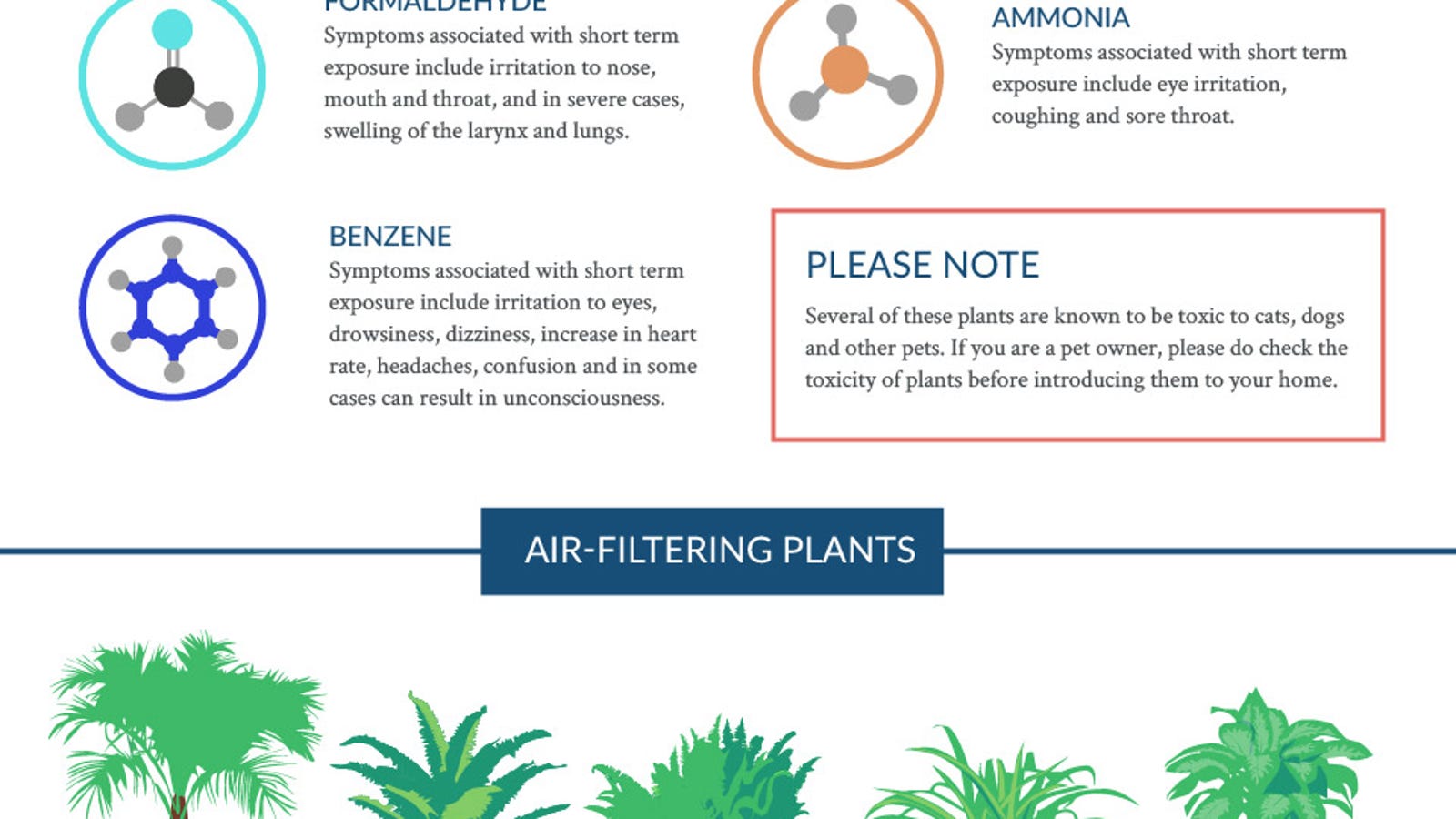The Relationship Between Climate Conditions And Heatpump Performance, In Addition To Solutions To Improve Effectiveness
The Relationship Between Climate Conditions And Heatpump Performance, In Addition To Solutions To Improve Effectiveness
Blog Article
Published By-Melendez Sahl
When it pertains to your heat pump, weather plays a vital role in its performance. From freezing temperatures to sweltering heat, each aspect can impact exactly how efficiently your system runs. Yet what can you do to deal with these weather-related difficulties and ensure your heat pump is operating at its best? Remain tuned to discover functional ideas and strategies to optimize your heatpump's efficiency, despite the climate condition it deals with.
Climate Factors Affecting Heat Pump Efficiency
Weather elements have a considerable impact on the effectiveness of heatpump. One critical element is temperature level. Heat pumps function by transferring warm from outdoors to within throughout winter and vice versa in summer. As temperature levels drop, it comes to be harder for the heat pump to essence heat from the outside air, reducing its performance.
An additional crucial element is moisture. High moisture degrees can make it a lot more challenging for the heatpump to launch warm during the cooling process.
Additionally, wind rate plays a role. Strong winds can dissipate the warm taken in or launched by the heatpump, affecting its total performance.
Tips for Optimizing Heat Pump Efficiency
To boost the effectiveness and long life of your heatpump, executing a few key methods can make a considerable difference in its performance.
First of all, make certain normal maintenance by cleansing or replacing filters every 1-3 months to prevent air movement blockages and optimize airflow. In addition, schedule yearly professional evaluations to find and resolve any type of possible issues at an early stage.
Ideal thermostat settings likewise play a critical function. During the wintertime, aim for a temperature level setup that's as low as comfortable, and throughout the summer season, established it as high as comfy to lower the work on your heatpump. Utilizing a programmable thermostat can assist you immediately adjust settings based upon your schedule.
Moreover, securing leakages in ductwork and insulating ducts in unconditioned spaces can stop power loss and enhance overall system performance.
Last but not least, consider installing a clever thermostat that can learn your behaviors and change setups accordingly, further optimizing your heat pump's performance. By adhering to these suggestions, you can guarantee your heat pump runs effectively and efficiently throughout the year.
Best Practices for Weatherproofing Your Heatpump
For optimal efficiency and effectiveness of your heat pump, implementing weatherproofing actions is essential. Start by sealing any kind of spaces or fractures around doors, home windows, and ductwork to prevent heat loss and preserve a regular indoor temperature level.
Insulate exposed pipes and air ducts to stop cold during cold weather and make certain appropriate air flow. Think about setting up a protective cover over the outside device to secure it from rough weather condition components like snow, ice, and debris.
Regularly clean just click the up coming document to get rid of dirt, leaves, and particles that can block airflow and lower performance. Additionally, maintain the area around the heatpump clear of snow, ice, and vegetation to allow for proper air flow.
Conclusion
Now that you comprehend how weather condition affects your heatpump efficiency, you can take aggressive actions to enhance its effectiveness. By following Related Site described in this post, such as routine upkeep, thermostat changes, and weatherproofing measures, you can ensure that your heat pump runs at its finest despite the weather conditions. Remain successful and keep your home comfortable throughout the year.
